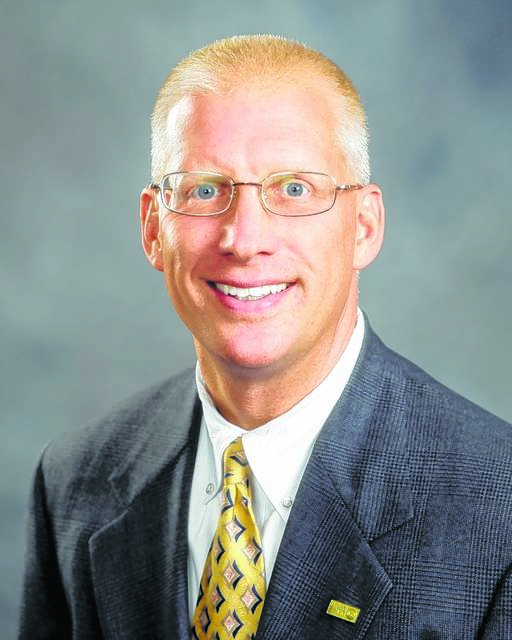Spring, of course, is symbolic of hope. For me, the most hopeful sign of this spring so far has been the reopening of schools and getting more students back to in-person learning and instruction.
The impact of COVID-19 on education of children has been devastating. Global leaders have called it a “generational catastrophe” and studies estimate that most U.S. students are three to 12 months behind compared to what they would have learned if it weren’t for the pandemic.
Experts are predicting higher high school dropout rates in the future and believe the effects of COVID-19 on education could last an entire lifetime. Sadly, but easily predictable, the students with the least amount of resources and support are the ones who are furthest behind.
As tremendously disruptive, challenging and stressful as the past 12 months have been for students, parents, teachers and school systems, all is not lost and there is hope. Allow me to re-share a story with you.
When the United Way of Wyoming Valley kicked off its 2015 annual campaign, our guest speaker was Liz Murray whose incredible story as a New York City teenager was captured in the 2003 Lifetime Movie Channel’s movie, “Homeless to Harvard.” Both of Liz’s parents had HIV and struggled with severe drug addictions.
Although her parents loved her, life was difficult for Liz who fought hunger, hygiene, safety concerns every single day. Because of these issues, every year she was chronically absent from school and, by what would have been her freshman year in high school, she was homeless. As a result, she was completely truant from school that year as well as what would have been her sophomore year.
Despite the unbelievable obstacles she faced, Liz had a strong desire to get her high school diploma, a commitment she made to her dying mother. While hiding her homelessness from her teachers and other adults in her life, Liz made up four years of high school credits in just two years. She went on to attend and eventually graduate from Harvard University.
For so many reasons, Liz Murray is an inspiration. She was raised in poverty and had many barriers to getting an education. By the time she was 17 years old, she was more than two years behind in school work, her mother passed away, her father was still an addict living in a shelter, and she was homeless. She is now happily married with two beautiful children, earned a Master’s degree from Columbia University, and has started a nonprofit organization helping teenagers.
Liz’s story is one of hope and, given the COVID-19 pandemic, it is a story worth sharing again. The biggest takeaway from Liz Murray’s story is that Liz Murray did not give up on herself or her future. She refused to allow her circumstances to define who she was and what her potential could be. She set a goal to obtain her high school diploma and, with the help of teachers and caring adults, mapped out a path for success and, one step at a time, worked hard to achieve it.
I am thrilled that schools are reopening and more students are coming back to in-person learning. For parents and students who are feeling the stress of being three to 12 months behind, the challenges, although real, are not unsurmountable. Most students are not alone and, chances are, most have more going for them than a tired, hungry, homeless teenager had years ago in New York City. Making up for lost ground in possible and achievable.
Believe in yourself. Have hope.

